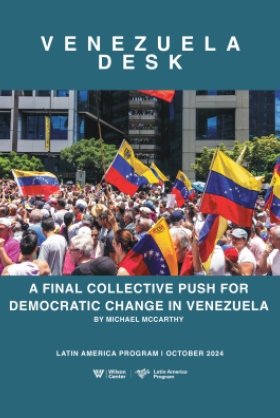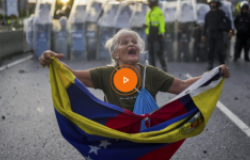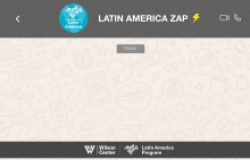Getting Kosovo out of Limbo?
Since Kosovo's declaration of independence in February 2008, it has been in limbo, as have Serbia, the EU and the broader international community. The hurry to finish the period of Yugoslav dissolution and conflict resulted in something other than the end of transitional administration and creation of a final frontier desired. Instead, there was a messy proliferation of transitional states, in even murkier circumstances than there had been previously.
Overview
Since Kosovo's declaration of independence in February 2008, it has been in limbo, as have Serbia, the EU and the broader international community. The hurry to finish the period of Yugoslav dissolution and conflict resulted in something other than the end of transitional administration and creation of a final frontier desired. Instead, there was a messy proliferation of transitional states, in even murkier circumstances than there had been previously. Broader regional drift has accompanied this process, with worries about Bosnia and Hercegovina increasing. It is time for new thinking to ensure security and stability in the Western Balkans - and make sense of the international stake placed there over two decades. The EU must provide the framework for change, but will only do so with a consistent lead from Washington DC. The EU is internally divided on embracing the countries of the region. Yet, only a clear commitment to membership can take the region, the EU and the international community forward. The starting point for this is to secure agreement on making Kosovo an EU 'Free Territory' pending eventual membership for all lands in the region - which requires a firm commitment to, and timetable for, membership of the Union.
This event will take place in the 6th floor boardroom.
Hosted By

Global Europe Program
The Global Europe Program is focused on Europe’s capabilities, and how it engages on critical global issues. We investigate European approaches to critical global issues. We examine Europe’s relations with Russia and Eurasia, China and the Indo-Pacific, the Middle East and Africa. Our initiatives include “Ukraine in Europe” – an examination of what it will take to make Ukraine’s European future a reality. But we also examine the role of NATO, the European Union and the OSCE, Europe’s energy security, transatlantic trade disputes, and challenges to democracy. The Global Europe Program’s staff, scholars-in-residence, and Global Fellows participate in seminars, policy study groups, and international conferences to provide analytical recommendations to policy makers and the media. Read more
Thank you for your interest in this event. Please send any feedback or questions to our Events staff.











